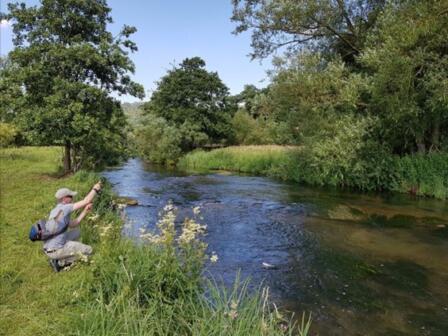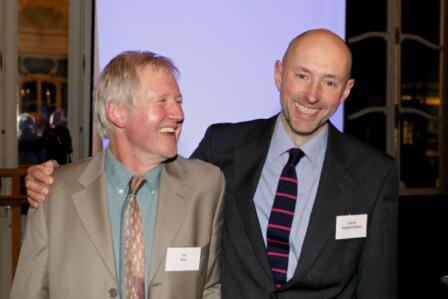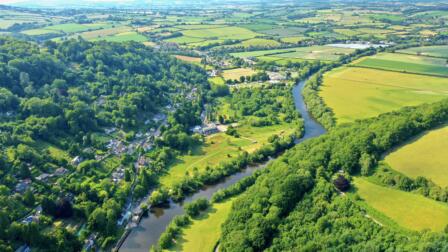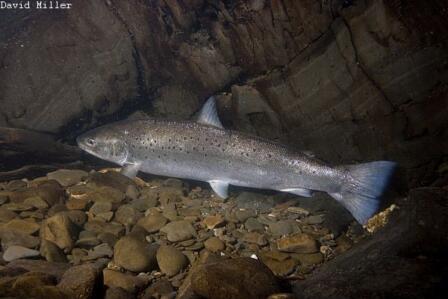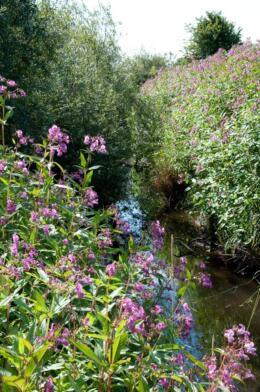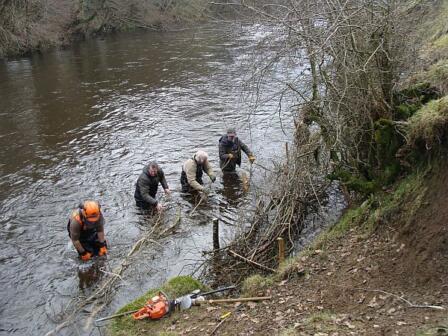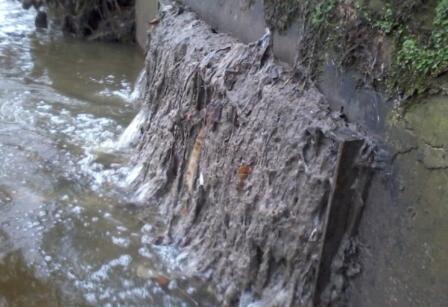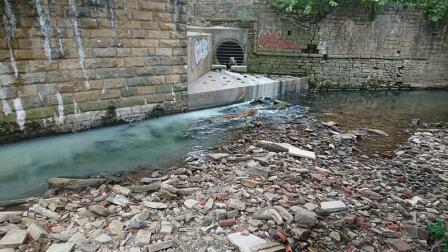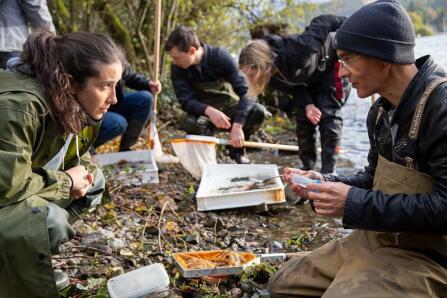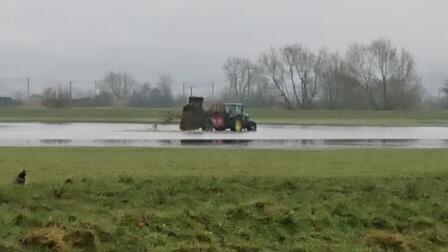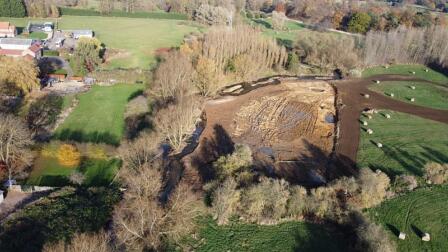We will be running a trout fishing weekend on the Haddon Estate waters of Derbyshire Wye on 16 & 17 July for WTT members and their guests. You may book either or both days.
The Haddon Estate in Derbyshire, through its Peacock Fishing Club, has kindly offered access to its fisheries again as a WTT fundraising and social event. This is an opportunity to fish some truly beautiful water for wild brown, wild rainbow trout and grayling across four rivers, including areas usually only available to club members.The Estate ceased stocking its waters on the Wye, Lathkill and Bradford in 2004, and since then has operated a thriving, catch & release wild fishery. The Lathkill, Wye and Bradford are strictly bankside fishing and dryfly only, but on the River Derwent, nymph fishing and wading are permitted.Local advice will be available to help you. To find out about the Peacock FFC, how the Estate’s fisheries are managed and what they offer, you are invited to meet the riverkeepers for a chat and buffet lunch (at no extra cost) should you wish. Contact Christina in the Office (office@wildtrout.org) to book; cost is £75 per rod, per day and you may book either or both days for yourself and any guests (guests do not need to be WTT members).You are welcome to join WTT’s Gareth Pedley and other attendees for a curry on the Saturday evening in Bakewell (if enough interest and at your own cost). A non-returnable £5 deposit to reserve a seat at the restaurant will be required at the time of booking the fishing. We hope to coincide with Stuart Crofts’s night-time bug sampling on the River Wye after the meal, which is a free optional activity.
